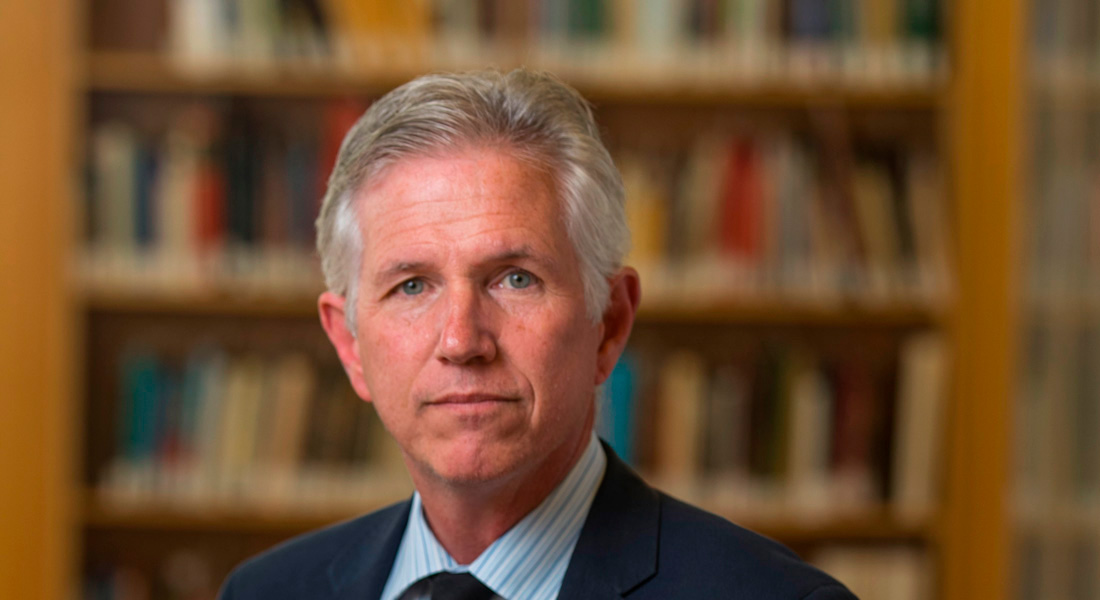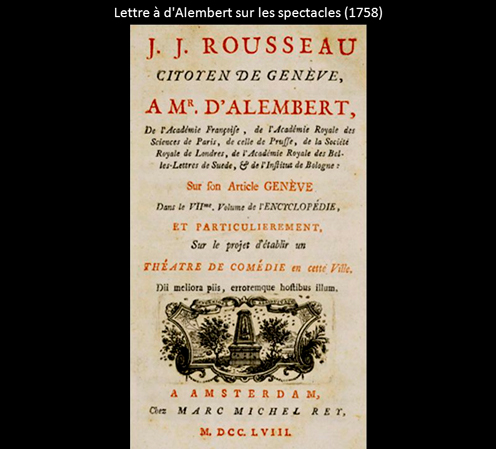Philosophy – Literature – Philology. A Mini-Symposium
Programme

12:30-13:45 Walter Benjamin: The Philology of Life
Professor Kevin McLaughlin (Brown University). Chair: Professor Christian Benne (University of Copenhagen).
Kevin McLaughlin's new book, The Philology of Life: Walter Benjamin's Critical Program (Fordham University Press, 2023; available online at the Royal Library), traces the development of a theory of literature and a method of criticism in Benjamin's early interpretations of a nexus formed by the poetry of Hölderlin, the criticism of the German romantics, and Goethe's novel, Elective Affinities (Die Wahlverwandtschaften) McLaughlin's lecture will explain how Benjamin's early "philology of life" contains an important reflection on the novel, in particular in the essay on Goethe. In this way, McLaughlin will suggest how Benjamin's academic writing on German literature around 1800 shaped his turn to literary and cultural criticism composed for a broader public.
About
Kevin McLaughlin served as Dean of the Faculty at Brown University (Providence, USA) from 2011-2022. He is currently the George Hazard Crooker University Professor of English, Comparative Literature, and German Studies at Brown. He is the author of four books of criticism and is a co-translator of Walter Benjamin's Arcades Project.
13:45-14:15 Coffee
 14:15-15:30 Editing Rousseau: the Case of the Letter to d’Alembert on Geneva and the Theater
14:15-15:30 Editing Rousseau: the Case of the Letter to d’Alembert on Geneva and the Theater
Professor Ourida Mostefai (Brown University). Chair: Professor Carsten Meiner (University of Copenhagen)
Prof. Mostefai will present a newly completed critical edition of Rousseau’s Letter to d’Alembert for the new complete edition of Rousseau’s work currently in preparation in France (Garnier). This edition seeks to uncover the originality and complexity of Rousseau’s argument in a text that seems to reprise traditional religious arguments against the theatre. This work was written in response to the article “Geneva” in the Encyclopédie in which the Calvinist city was urged to authorize the establishment of a theatre in order to unite “the wisdom of Sparta with the politeness of Athens.” In his response Rousseau rejects the argument for the moral utility of the theatre, going against the consensus of his time which saw French theatre as a school of morals whose purpose was “to excite virtue, to inspire horror of vice, & to expose ridicule.” But the Letter to D'Alembert is not simply the continuation of an old debate on the morality of the theatre and Rousseau is not content to take up the arguments of the Christian moralists against theatrical performances. Instead, he moves away from the terms of the traditional moralist quarrel. Intending to put an end to the controversy “between Priests and Philosophers,” Rousseau takes on the question of the theatre as a citizen and approaches the way it functions within the political context of the state in order to determine its influence on society and its morals. He also levels a severe critique of the theatre from the perspective of a theatre-goer and a practitioner of the genre himself.
About
Ourida Mostefai is a Professor of Comparative Literature and French Studies at Brown University. She is the author of two books on Rousseau as well as numerous articles on the French Enlightenment. She is an elected member of the Executive Board of the American Society for Eighteenth-Century Studies (ASECS) and serves on the Executive Board of the Rousseau Association and the Editorial Board of the Journal for Eighteenth-Century Studies.
From 15:30 Reception
Registration
Participation is free, but please register in advance with Professor Christian Benne to ensure we have enough coffee etc. for everyone.
If you wish, you can choose to attend only one of the talks.
Map of South Campus
View directions.
View on map of the Faculty of Humanities - South Campus.
View map of South Campus (pdf).
